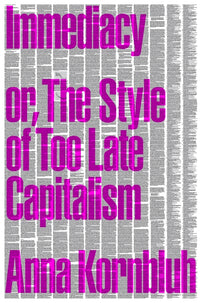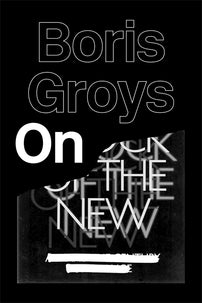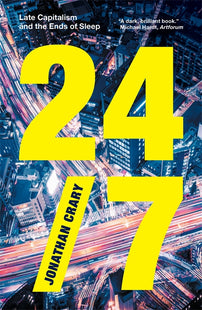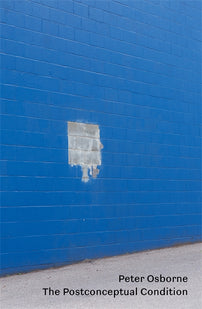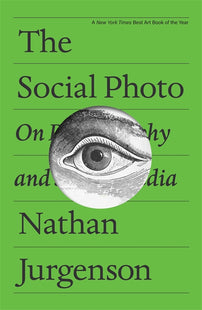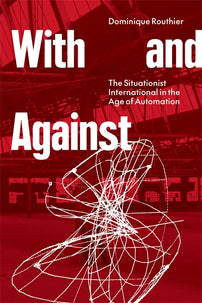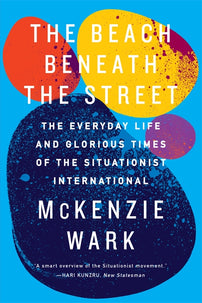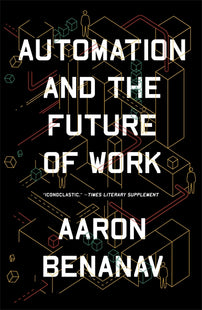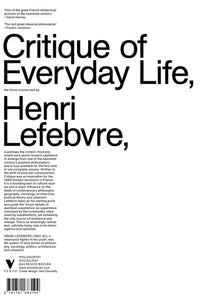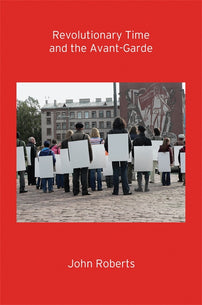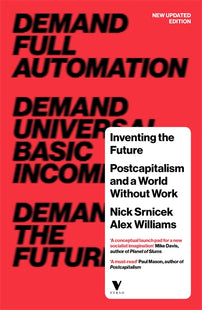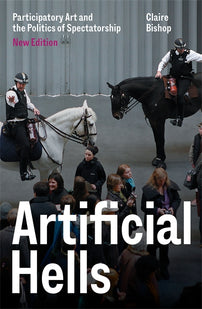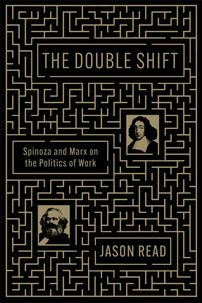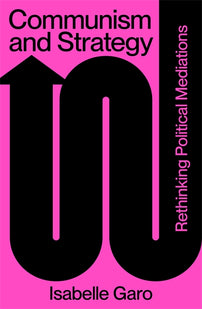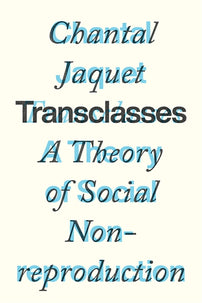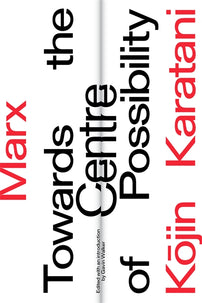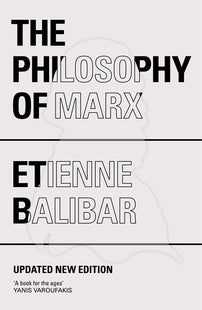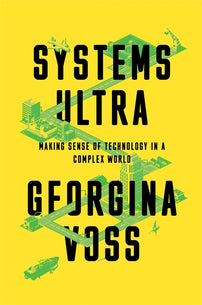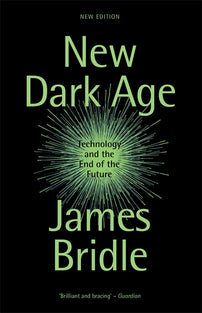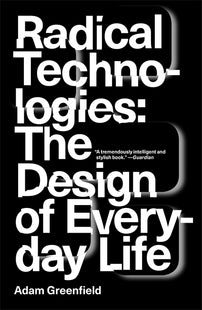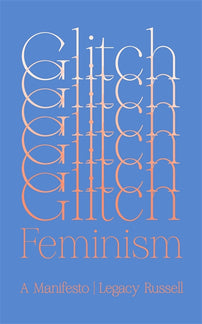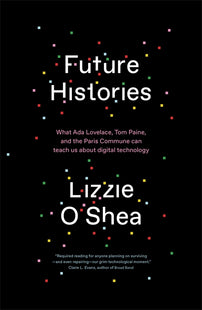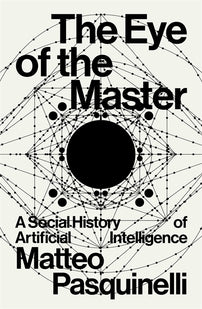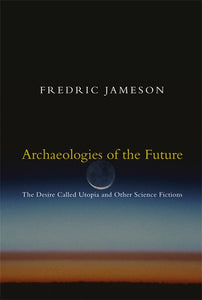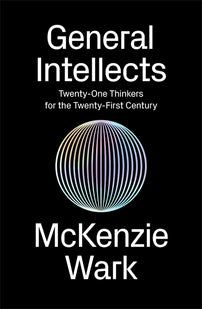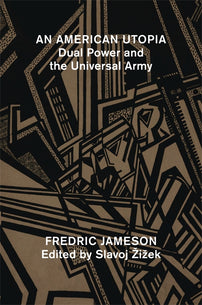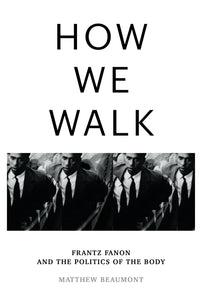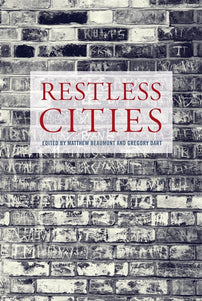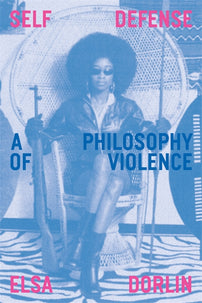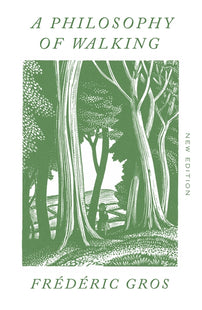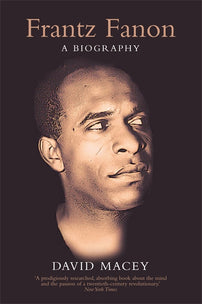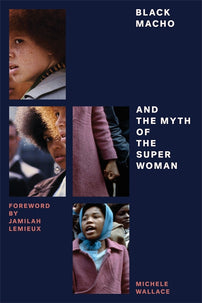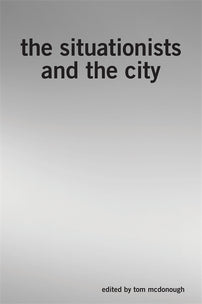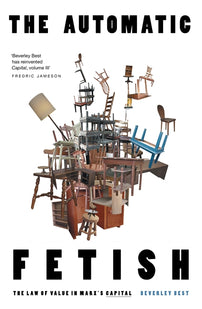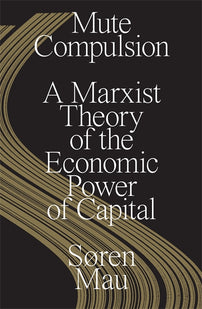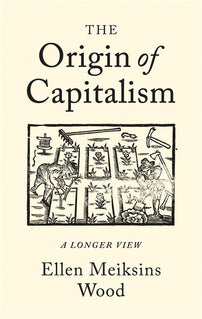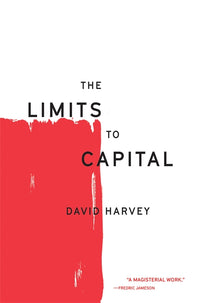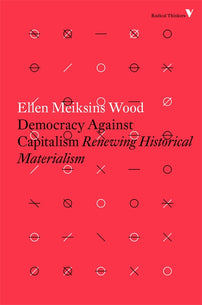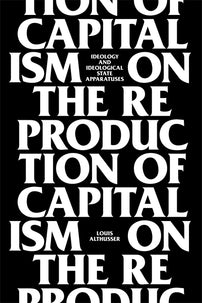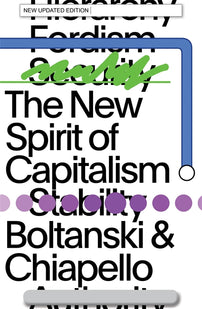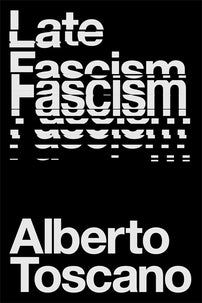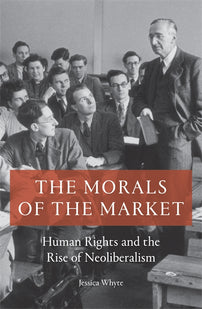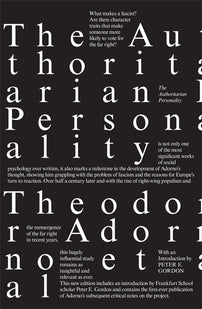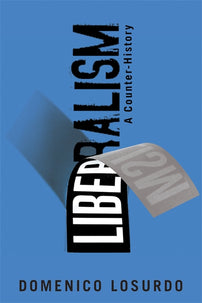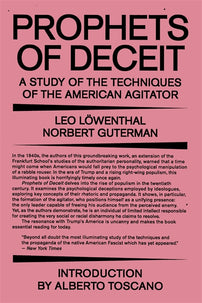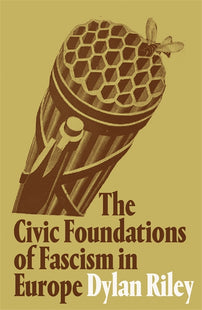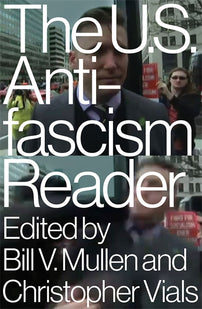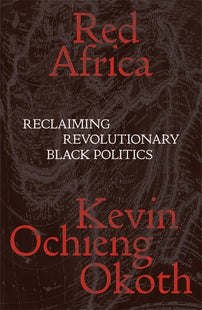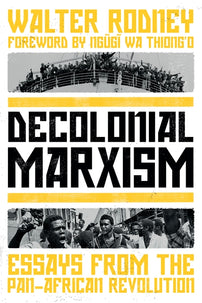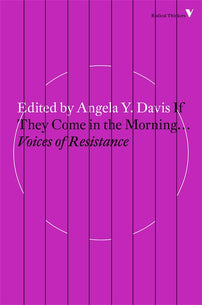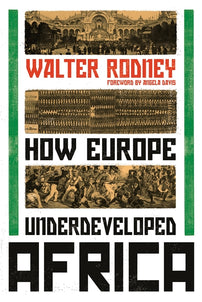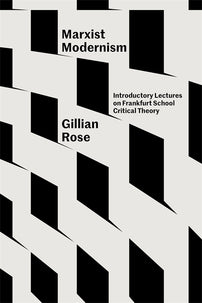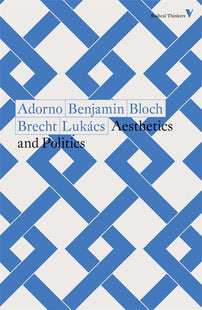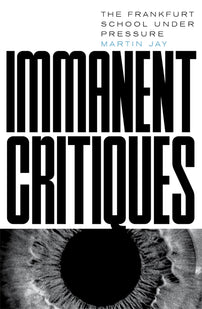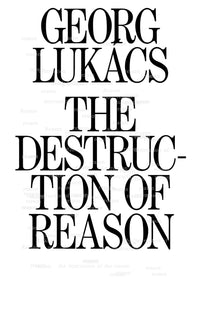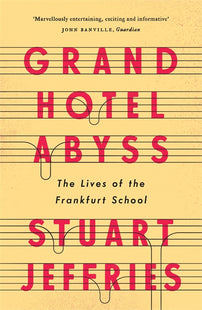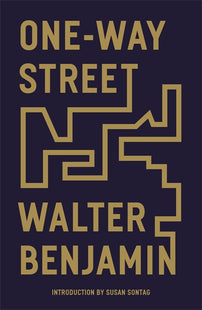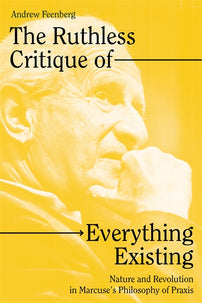New Works of Theory in Context
Theory never takes place in a void. The greatest advances often come through work that finds a way of engaging critically with arguments of the past, building on them and putting a new spin on the deepest questions of politics, economics, psychology, culture, and social life. The list below is organized around conversations between texts, from new releases to Verso classics.
Art and Aesthetics
[book-strip index="1" style="buy"]
"Anna Kornbluh brilliantly reinvigorates critique for an age drowning under the deluge of self-presentation. Embracing structure over style, representation over personalization, and collectivity over narcissism, she creates a space for thinking -- the necessary space for politics." – Jodi Dean, author of Comrade
Read Immediacy with:
[book-strip index="2"]
[book-strip index="3"]
"Dominique Routhier's innovative analysis transcends the discipline of art history, allowing us to link early 20th century avant-garde struggles against the alienated separation of art and labour with all the nuances of the SI imperative. Given our anxieties today about the impact of Artificial Intelligence on labour and art, Routhier's study could not be more timely." – Abigail Susik, author of Surrealist Sabotage and the War on Work
Read With and Against with:
[book-strip index="4"]
Psychology and Social Theory
[book-strip index="5"]
"Drawing on Marx, Spinoza, and popular film, Jason Read builds an illuminating analysis that not only astutely captures, but also helps to make sense of, our double experience of wage work as a locus of freedom and compulsion, hope and fear, self-actualization and self-impoverishment, love and hate. This book is a must read for students of contemporary capitalism." – Kathi Weeks, Duke University
Read The Double Shift with:
[book-strip index="6"]
Technology, Automation and A.I.
[book-strip index="7"]
"Georgina Voss thoughtfully explores the dizzying operations and implications of the vast machineries that dominate contemporary life, without ever losing sight of their everyday physicality: their meat and flesh, silicon and steel. A brilliant and hugely enjoyable read." – James Bridle, author of New Dark Age
Read Systems Ultra with:
[book-strip index="8"]
[book-strip index="9"]
"In this original and extremely timely book, Matteo Pasquinelli offers nothing less than a long-range history and critical analysis of a labour theory of automation and knowledge. [...] At a moment when apostles and prophets of machine intelligence proclaim both a utopian world of effortless control and a catastrophe of extinction, Pasquinelli's patient and clever work provides a crucial insight into the past and future of AI monopolies and their consequences." – Simon Schaffer, author of Babbage’s Intelligence (1994) and OK computer (2001)
Read The Eye of the Master with:
[book-strip index="10"]
Political Theory
[book-strip index="11"]
"In this fascinating and wide-ranging book, Beaumont reminds us that walking is far from a neutral activity; it is, rather, “irreducibly political”. With the help of Frantz Fanon, Beaumont locates freedom at the level of the body; free from the systems of oppression, exploitation, and harassment." – Lauren Elkin, author of Flâneuse
Read How We Walk with:
[book-strip index="12"]
Economic Theory
[book-strip index="13"]
" Beverley Best's excellent analysis of Volume Three of Capital addresses a mostly neglected terrain of Marxist scholarship and achieves something very special. Her critique of the economic categories of price, rent and interest cracks their economic objectivity and lets the light in. All social life is essentially practical, including economic forms such as production prices. This is a groundbreaking book." — Werner Bonefeld is the author of A Critical Theory of Economic Compulsion.
Read The Automatic Fetish with:
[book-strip index="14"]
Fascism
[book-strip index="15"]
"There are no unearned claims here. Rather, one feels that Toscano has thought through the political stakes of every single sentence in this crucial book. Late Fascism is painstaking in accounting for, differentiating, and connecting the many historical contexts and iterations of fascism - from the onset of colonial modernity, through the mid-twentieth century, to the present day." – Jordy Rosenberg, author of Confessions of the Fox
Read Late Fascism with:
[book-strip index="16"]
Black Radicalism
[book-strip index="17"]
"A fiercely argued case for looking to the anticolonialism and Marxism of Red Africa in our current engagements with decolonisation. Okoth's critical assessment of certain variants of 'decolonial studies' and 'Afro-Pessimism' is welcome." –
Read Red Africa with:
[book-strip index="18"]
The Frankfurt School
[book-strip index="19"]
"To read these lectures is to watch a great mind at work. Alongside her unique and pioneering reception of the Frankfurt School, we can see Rose's own singular contributions to political thought - her meditations on law, violence, the relationship between aesthetic imagination and social order - begin to find their grounds in her readings of, and arguments with, her predecessors." — James Butler, London Review of Books
Read Marxist Modernism with:
[book-strip index="20"]
